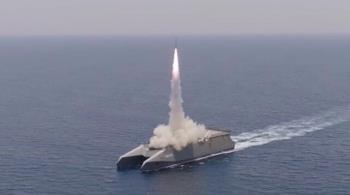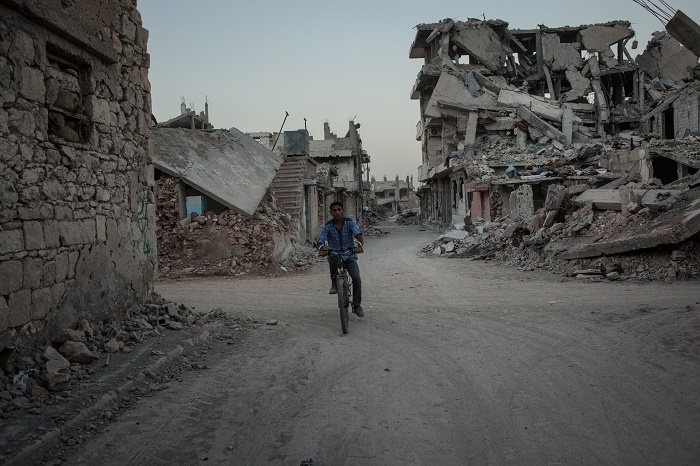Alwaght- In any language you search pictures on the Internet about Syria, you get a lot of suggestions. For example, you come up with suggestions such as Syria before war, Syria before and after war, attractions of Syria before war, Aleppo conditions, and tens of other search cases. 69 months have passed since the start of the crisis that devastated Syria. Many of the Internet users now want to know how Syria was before the war, and what it looks like today.
War always leaves huge devastation. And then the reconstruction work ensues. While it is not yet clear what is awaiting Syria, some voices appear to be rising, talking about reconstruction of the war-torn country. Two controversial proposals have so far been made about the rebuilding of the terror-hit country, both of them are worth focusing on. One of them by Saudi Arabia, the bastion of fundamentalist terrorism, which has announced readiness to join the rehabilitation of Syria. Another proposal was made by the EU which says it is ready to help Syria be reconstructed, but under some conditions.
Saudi Arabian bid for $200 billion reconstruction project
The Saudi Arabian leaders' announcement of readiness to join the Syria reconstruction project remembers us of an account: in the old times, the glaziers gave money to small children and persuaded them to break the windows of houses in the street. This created job for the glaziers because they were called to install new glasses. This account is applicable today to the work of the Saudi leaders. They waged a war against Syria through mobilizing and arming radical militant groups from an array of countries in a bid to overthrow the legal Syrian government and at the same time destroy the country’s infrastructures in their entirety. While backing the takfiri terrorists and supplying them with whatever needed to fight the Damascus government, kill people, and destroy Syria, Riyadh offers help to reconstruct Syria, hoping that its investment firms secure a large share in the Syria rehabilitation projects which cost around $200 billion.
If the Saudis win shares in the projects, it will bring about two advantages for them: first, they will enjoy a huge profit from the construction works in Syria. After all, these projects cost millions of dollars, and the economic lobbies will benefit from such conditions. Second, by participation in renewal of Syria's infrastructures, Saudi Arabia can get its face whitewashed in the eyes of the Syrians. This can happen as Riyadh dominates a big Arab media empire, particularly the satellite TV networks it runs across the region.
Let's look at the Saudi suggestion from another angle. Declaring readiness for participation in reconstruction of Syria could be used as a pressure tool to put strains on the Syrian government to concede to the future plans of the opposition groups. After all, tens of thousands of houses were reduced to rubble, and helpers will shine as rescue angels in the eyes of the ordinary people. This is what motivates Riyadh decision-makers to bid for helping Syria. Saudi Arabia takes advantage of its influences in the World Bank and other international economic organizations to be given a share for its construction companies.
The EU and the "good and bad terrorism"
Another party of “game” of Syria reconstruction is the members of the European Union. They said that the will help Syria to be rebuilt provided that Moscow and Damascus guarantee a place for the armed rebels in the country's future. They maintained that they will not spend any penny on a “false peace” and will take no step to "serve" the Russian interests.
The EU and all of the countries that claim they are fighting terrorism have made this proposal through a draft resolution, but they declined to pledge to halt backing for the terrorism fighting Damascus. These double standards echo something to mind: the good and bad terrorists. Perhaps they prefer a lasting chaos on the Israeli borders and other political goals to end the war and start a real battle against terrorism. Perhaps they are justified because to date the terrorists of Harakat Nour al-Din al-Zenki or Ahrar al-Sham have not damaged Europe, and it only received blows from ISIS terrorist group. This can tell us why the international coalition’s fighter jets only bomb ISIS positions while others are deemed “moderate opposition.”



























